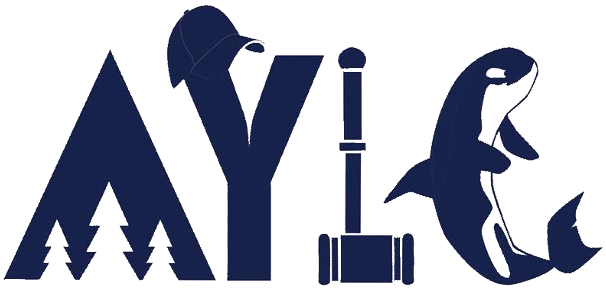Reentry: Getting Help After a Prison Sentence
Reentry: Getting Help After a Prison Sentence

The Alaska Department of Corrections (DOC) has a number of programs and services to help you get back on your feet and live successfully in the community after release from prison. Some of the programs and services designed to help you succeed after a prison term begin while you are still behind bars. Some programs are available after your release.
Before you are released from one of the DOC prisons, you will be tested to determine your risks and needs, and a plan will be prepared for you. Your plan may include referrals to services that deal with mental health, substance abuse, anger management, education, criminal thinking, and job goals.
One specific program is the Alaska Reentry Course developed by the DOC to improve a prisoner’s readiness for release. If you are ready for release, this course helps you with four main goals:
- Finding safe and appropriate housing;
- Finding a job;
- Building healthy relationships with family and acquaintances; and
- Getting help to prevent drug and alcohol This course also includes helping eligible prisoners
- get identification cards, birth certificates, social security cards and other important documents;
- learn how to find housing and understand lease agreements;
- understand and develop personal budgets, and pay bills;
- learn how to search for a job, fill out job applications, write resumes, and prepare for job
The DOC also works to develop an Individualized Reentry Plan (IRP) for all high-risk felony offenders. The IRP includes a summary of program and service needs that include appropriate referrals in the key areas of housing, employment, education, and medical and social support.
Specialized services the DOC provides to people being released from prison include:
- IDP: a program that works directly with felony prisoners with a psychotic disorder who are being released;
- APIC: a program that links individuals to community mental health treatment services, including medication, to which they are entitled;
- Substance abuse treatment and
The DOC has also developed partnerships with several community organizations to focus on services after release. Services include:
- Mentoring;
- Probation violation and re-offense prevention;
- Mental health and substance abuse treatment;
- Housing;
- Employment;
- Transportation;
- Guidance
These community partners are listed below:



